HITRUST
HITRUST Compliance Services
- Meet healthcare industry security requirements and win new business
- Build trust with customers by demonstrating a commitment to security
- Avoid stress, scrambling, and audit anxiety with CyberCrest support
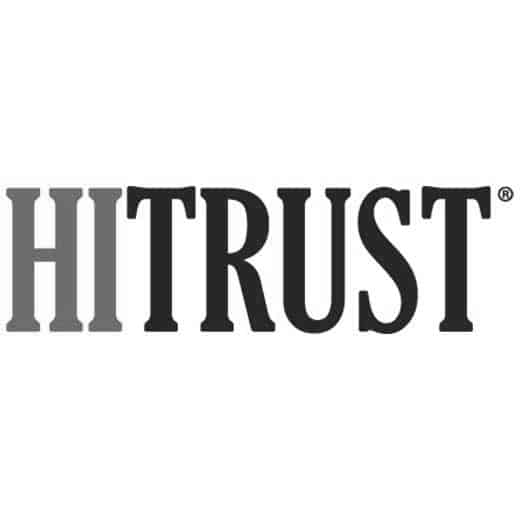
Starting your HITRUST Journey? Enter your email below to download our Top 5 Tips for Achieving HITRUST Compliance!
End-to-End HITRUST Compliance Service
HITRUST Compliance Methodology
Gap Assessment
CyberCrest will conduct a gap assessment and develop a path towards certification
Remediation Support
CyberCrest will assist in developing documentation and support control implementation
Validated Assessment
CyberCrest will conduct a validated assessment to evaluate HITRUST compliance maturity
HITRUST Certification
CyberCrest will provide support for steps leading up to certification issuance
Related Services
Additional CyberCrest HITRUST Services
Risk Assessment
CyberCrest can assist your organization with all of its HITRUST risk assessment needs.
Penetration Testing
Our Penetration Testing services will help your organization meet its HITRUST requirements.
HITRUST Services
A HITRUST certification is commonly sought in parallel with a HIPAA compliance attestation.

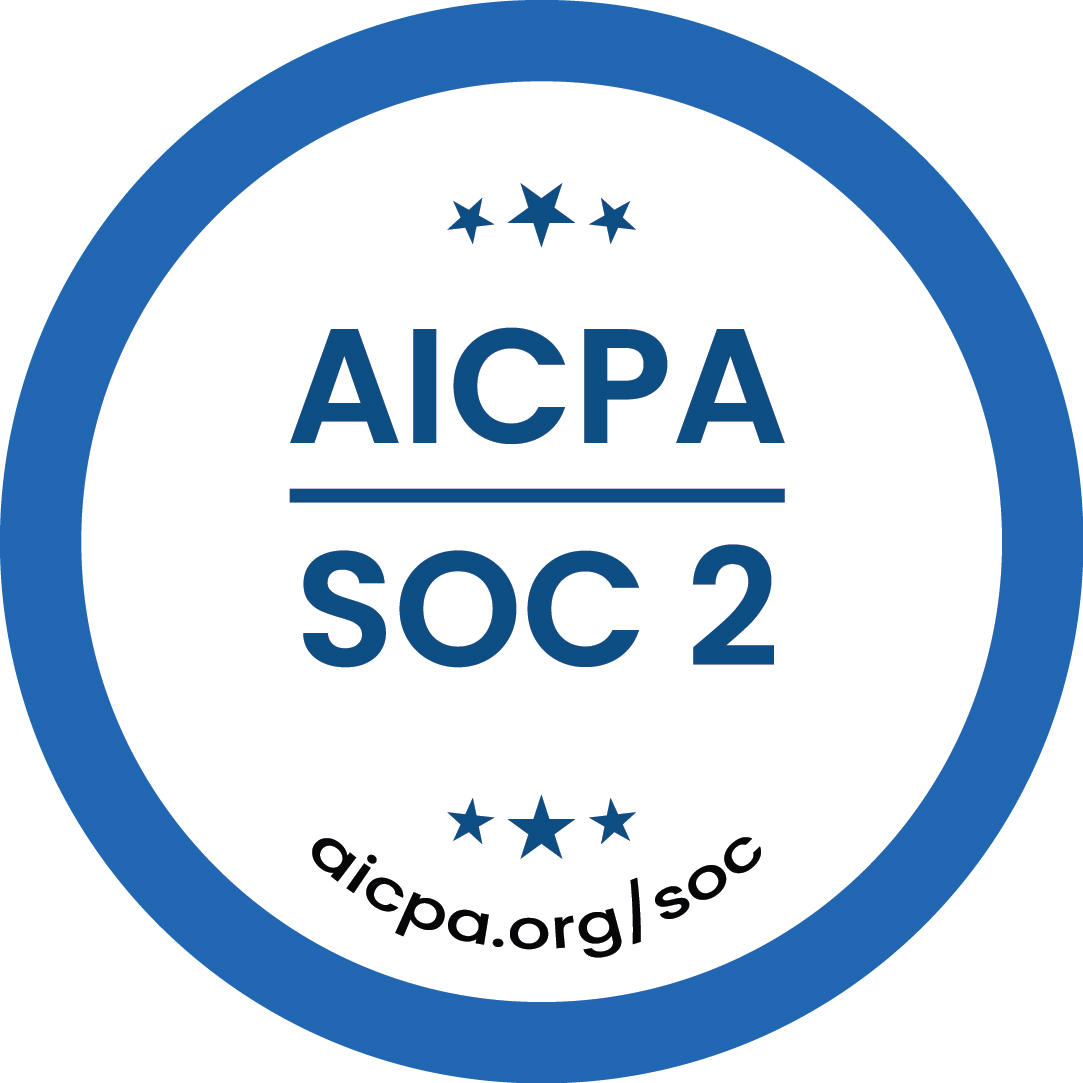
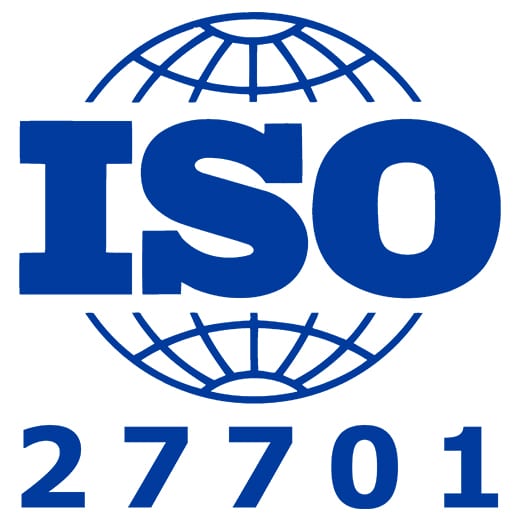
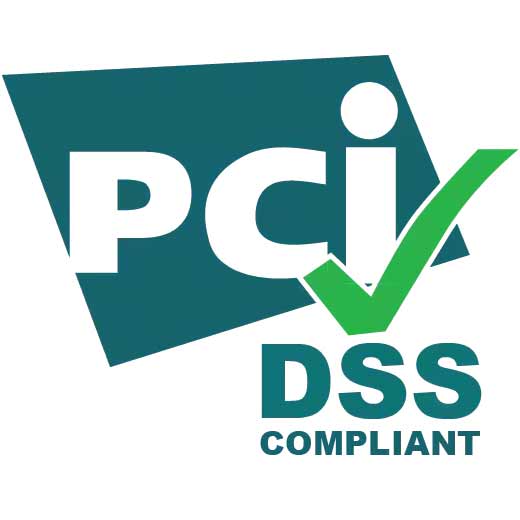
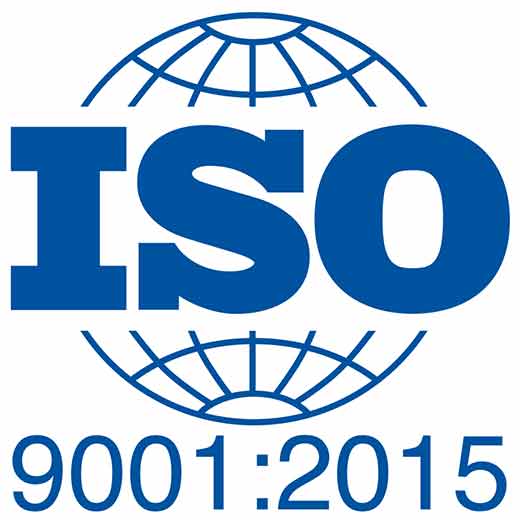
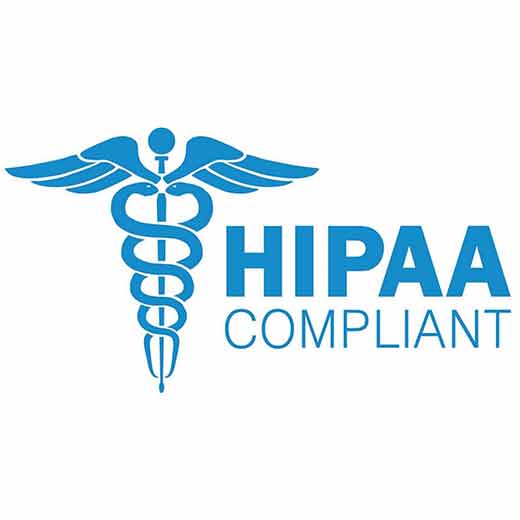

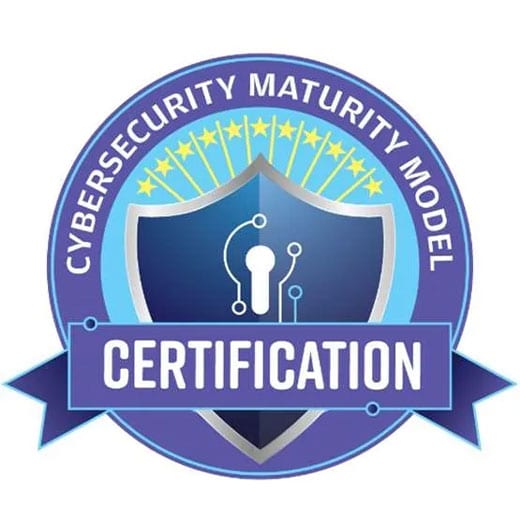

Frequently Asked Questions
What is the HITRUST CSF?
The HITRUST CSF (Common Security Framework) is a comprehensive and widely adopted framework for healthcare organizations to manage and mitigate risks related to data protection and privacy. The HITRUST CSF provides a framework of controls and requirements that healthcare organizations must implement to manage their security and privacy risks effectively.
The HITRUST CSF is designed to align with industry standards and regulations such as HIPAA, HITECH, and NIST, among others. It includes controls for organizational, technical, and physical safeguards, as well as risk management and incident response processes.
The HITRUST CSF is a risk-based framework, meaning that organizations can tailor their implementation based on their unique risk profile and regulatory requirements. HITRUST offers a certification program for organizations that successfully implement the framework and pass an independent assessment, which provides an additional level of assurance to customers and stakeholders.
The HITRUST CSF is recognized as a leading framework for healthcare organizations, and its adoption is growing rapidly as healthcare organizations face increasing threats to data privacy and security. HITRUST offers tools, resources, and support to help organizations implement the framework and achieve certification, and it continues to evolve to address new risks and regulatory requirements in the healthcare industry.
At CyberCrest, we understand the unique challenges that healthcare organizations face in managing their security and privacy risks. Our team of experts can help healthcare organizations assess their compliance status, implement the HITRUST CSF framework, and achieve HITRUST certification. With our comprehensive range of services, healthcare organizations can rest assured that their data is protected and their risks are mitigated in accordance with industry best practices and regulatory requirements.
What are the HITRUST Compliance Requirements?
The HITRUST CSF is a comprehensive framework designed to provide guidance and standards for organizations looking to manage risk and demonstrate compliance with a wide range of regulations, standards, and frameworks, including HIPAA, HITECH, NIST, and ISO. The framework is built around 19 different domains of control, including areas such as access control, incident management, and risk management.
To achieve compliance with the HITRUST CSF, organizations must meet specific requirements related to policies, procedures, and implementation maturity for each domain of control. These requirements include demonstrating that the organization has established and documented policies and procedures for each domain, that the policies and procedures are being followed, and that the organization has implemented controls and measures to manage risks effectively.
In addition to the requirements related to policies, procedures, and implementation maturity, the HITRUST CSF also includes a set of controls that must be in place to achieve compliance. These controls are mapped to the 19 domains of control and include requirements such as access controls, data backup and recovery, and network protection.
To demonstrate compliance with the HITRUST CSF, organizations must undergo a comprehensive assessment process that includes a review of policies and procedures, interviews with key stakeholders, and testing of controls to ensure that they are operating effectively. Depending on the level of assurance required, organizations can undergo a self-assessment, a validated assessment, or a certification assessment.
Overall, achieving compliance with the HITRUST CSF requires a significant investment of time, resources, and expertise. However, it can provide organizations with a comprehensive framework for managing risk and demonstrating their commitment to protecting sensitive data. Working with a trusted partner, such as CyberCrest, can help organizations navigate the complex requirements of the HITRUST CSF and achieve compliance efficiently and effectively.
What is the process to obtain a HITRUST Certification?
Obtaining HITRUST certification involves a rigorous and comprehensive process that typically takes several months to complete. Here’s an overview of the process:
Self-Assessment: The first step in obtaining HITRUST certification is to conduct a self-assessment or readiness assessment of your organization’s policies, procedures, and controls against the HITRUST CSF requirements. This can help you identify gaps and areas for improvement before engaging with a HITRUST assessor.
Engagement with a HITRUST Assessor: Once you have completed the self-assessment, you’ll need to engage with a HITRUST assessor who is authorized to perform a HITRUST assessment. The assessor will work with you to define the scope of the assessment and develop a detailed project plan.
Validated Assessment: The HITRUST assessment typically includes a combination of interviews, documentation reviews, and testing to validate your organization’s policies, procedures, and controls. The assessor will evaluate your organization’s implementation of the HITRUST CSF requirements across the 19 domains and determine your level of compliance.
Corrective Action Plan: If any gaps or deficiencies are identified during the assessment, the assessor will provide a corrective action plan to help your organization address them. You’ll need to implement these corrective actions and provide evidence to the assessor that they have been completed.
Submission and Review: Once the assessment is complete, the assessor will submit the results to HITRUST for review. HITRUST will review the assessment and issue a certification if your organization has demonstrated compliance with the HITRUST CSF requirements.
Annual Recertification: HITRUST certification is valid for one year, after which your organization will need to undergo an annual recertification process to maintain certification.
Overall, obtaining HITRUST certification requires a significant investment of time and resources, but it can provide significant benefits for organizations that handle sensitive data. By demonstrating compliance with the HITRUST CSF requirements, organizations can build trust with customers and partners and differentiate themselves in a crowded marketplace.
What is the difference between HITRUST and HIPAA? How can HITRUST be used for HIPAA Compliance?
HITRUST (Health Information Trust Alliance) and HIPAA (Health Insurance Portability and Accountability Act) are both frameworks for managing information security and privacy risks in the healthcare industry. However, there are some key differences between the two.
HIPAA is a federal law that requires healthcare organizations to protect the privacy and security of patient health information. HIPAA provides a set of standards for the protection of patient information, including the HIPAA Privacy Rule and the HIPAA Security Rule. Compliance with HIPAA is mandatory for all healthcare organizations that handle protected health information (PHI).
HITRUST, on the other hand, is a voluntary framework that provides a more comprehensive approach to managing information security and privacy risks in the healthcare industry. HITRUST incorporates the HIPAA requirements and builds on them to create a more robust and standardized approach to managing risk. HITRUST provides a framework called the HITRUST CSF (Common Security Framework), which includes 19 domains of control and over 135 security controls that organizations can implement to protect sensitive data.
HITRUST can be used to help organizations achieve HIPAA compliance by providing a more comprehensive framework for managing information security and privacy risks. Organizations can use the HITRUST CSF to assess their current security posture, identify gaps and weaknesses, and implement appropriate controls to mitigate risks. HITRUST also includes policies and procedures that align with HIPAA requirements, such as breach notification and risk analysis.
Obtaining a HITRUST certification involves a rigorous process of assessing an organization’s security controls against the HITRUST CSF requirements. The process typically involves a readiness assessment, a formal assessment by a HITRUST-approved assessor, and ongoing monitoring and reporting to maintain certification. HITRUST certification can help healthcare organizations demonstrate their commitment to protecting sensitive data and can provide a competitive advantage in the industry.
In summary, while HIPAA is a federal law that provides a baseline for protecting patient health information, HITRUST provides a more comprehensive framework that builds on HIPAA requirements and provides a more standardized approach to managing risk. HITRUST can be used to help organizations achieve HIPAA compliance by providing a more comprehensive set of controls and policies, and obtaining HITRUST certification can demonstrate an organization’s commitment to information security and privacy in the healthcare industry.
Email List
Contact
- 1084 N. EI Camino Real, Suite B141 Encinitas, CA 92024
© 2023 Cybercrest Compliance Services. All rights reserved!
© 2023 Cybercrest Compliance Services. All rights reserved!

